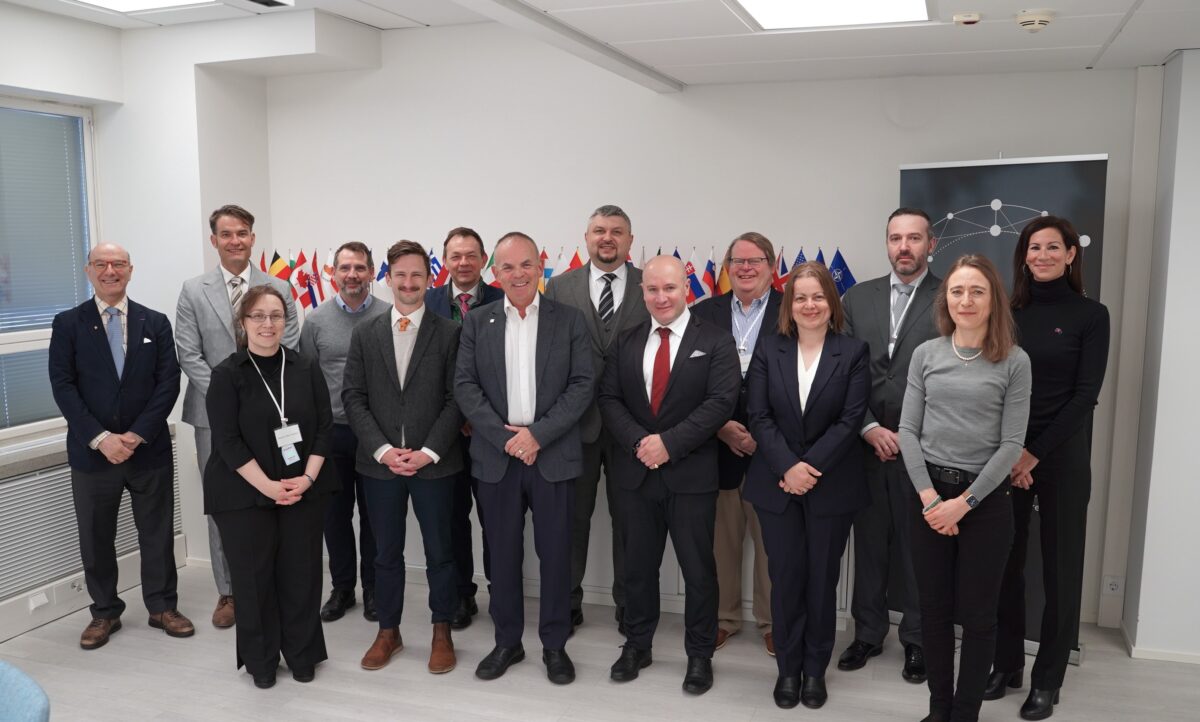The sixth Cyber Power Symposium on Hybrid Conflict and Warfare (CPH), organized by HybridCoE, took place on 23 April. This year’s online symposium focused on the use of cyber-related technologies, including artificial intelligence (AI), to achieve cognitive superiority. Experts from 33 Hybrid CoE Participating States, as well as representatives from the EU, NATO, Australia, Japan, Ukraine, Liechtenstein, South Korea, New Zealand, and Switzerland, participated in the event.
The symposium focused on several key issues:
- Cognitive warfare and superiority: The primary goal of cognitive warfare lies in gaining cognitive superiority, which relies on access to information, pervasive surveillance, personalized persuasion, and new technologies.
- Authoritarian strategic culture and digital tools: Authoritarian states, revisionist powers, rogue states, and non-state networks leverage authoritarian strategic culture thinking. They combine this mindset with digital tools enabled by new platforms, networks, and speed. The need for new regulations in this context was also emphasized.
- Artificial intelligence (AI) in cognitive warfare: The development of AI technologies is central to the ongoing cognitivewarfarearmsrace. AI can be used for both offensive and defensive purposes. As AI continues to evolve, it will require continuous investigation, moral considerations, and policy adjustments. During the discussions, it was highlighted that ransomware attacks are expected to surge in both volume and impact over the next two years due to advancements in AI technologies.
- Threats to democracies: Lastly, there is an urgent need to understand how democracies are threatened in this landscape. As we navigate the intersection of technology, security, and information, safeguarding democratic values becomes crucial.
In summary, the symposium underscored the critical role of AI in shaping cognitive warfare and highlighted the challenges facing democracies in this complex environment.



